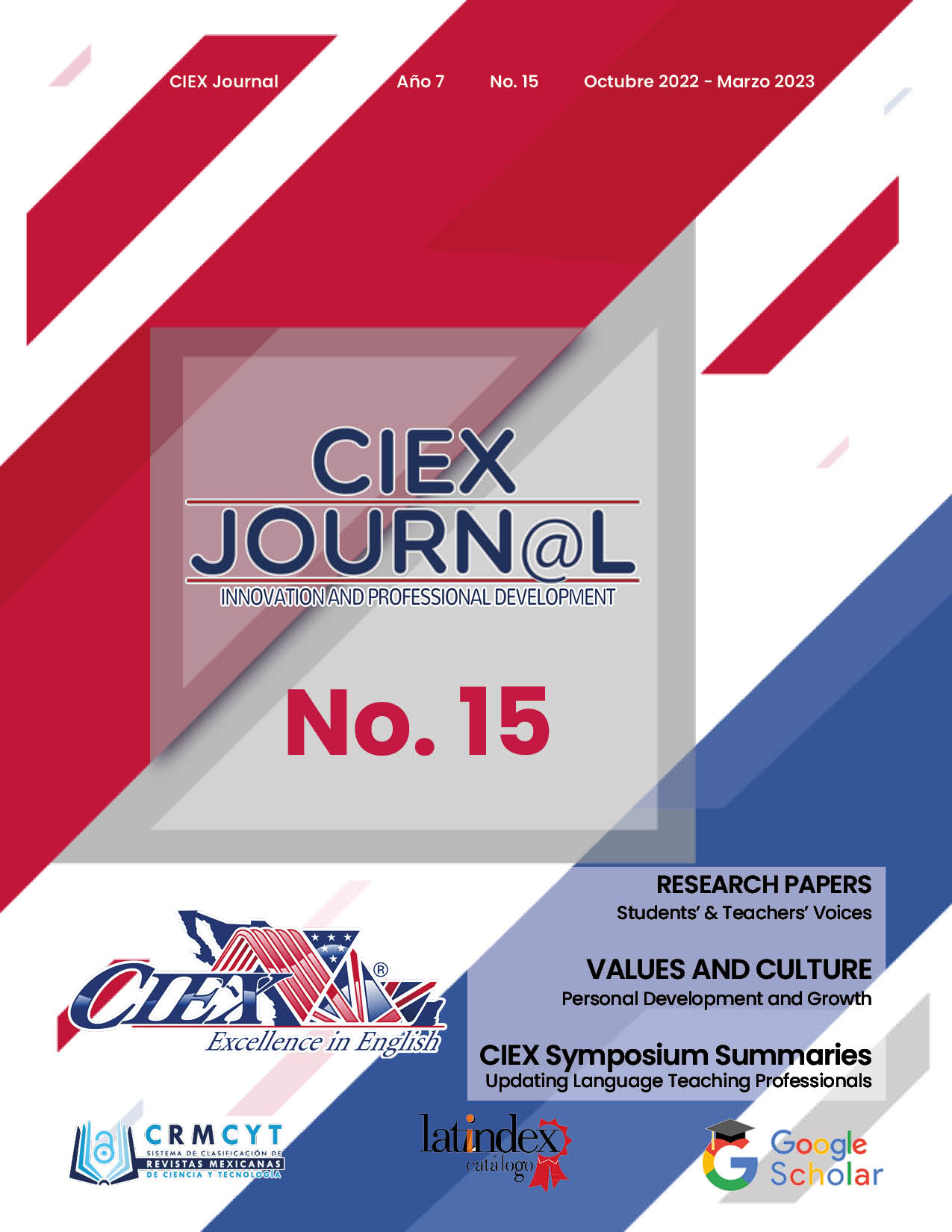Humor in Online Classes
Keywords:
Humor, engagement, active learning, e-learning, learning environmentsAbstract
Humor is an often-mistaken concept. What humor is frequently associated with is fun, though its meaning refers more to mood. It consists of an ability or quality of causing amusement. Humor has different ways of being categorized and as teachers, we typically use jokes, one of the best ways to show good humor, to catch the attention of our students, improving humor in the classroom. Jokes can also be classified in different ways. Even so, joke types are easier to understand. What is the impact of jokes and humor in online classes? What role do they play? Do they have any impact on students at all?
Learning environments play a defining role in learning experiences and outcomes; emotions also affect positively or negatively on learners’ performance, which favor or discourage effective learning. Learning environments and feelings are called forth by our learning activities. Hence, the relevance of exploring them. Bodies function by chemical reactions; everything is regulated by chemical reactions called metabolism, meaning that learning can be boosted as a reaction to the metabolism of a great sense of humor. Humor energizes learners, contributing to the happiness lived within the classroom, empowering facing challenges and creating association processes for the brain.
Downloads





